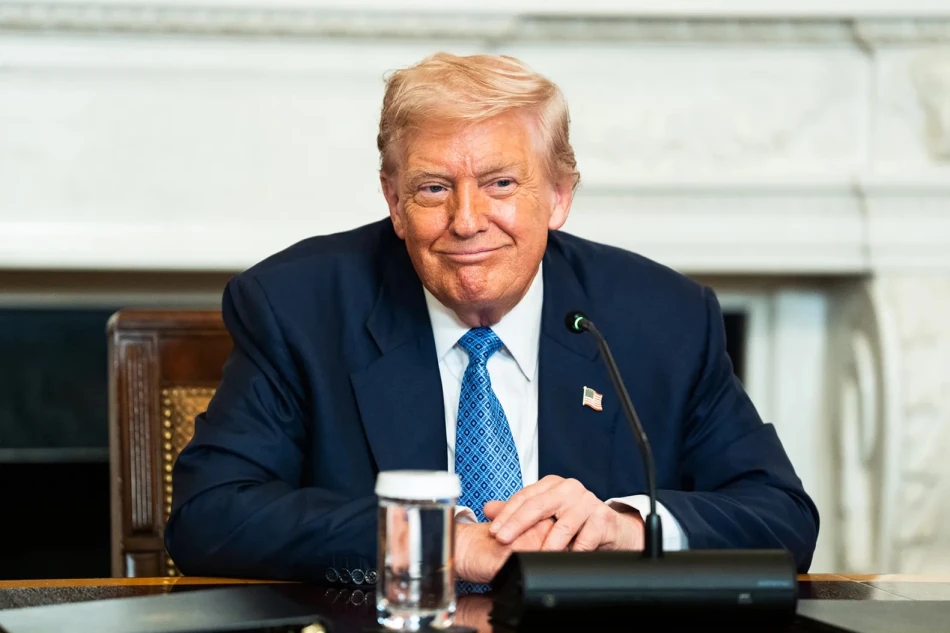
Trump Warns Israel: Annexation of West Bank May Cost U.S. Support
President Donald Trump warned Israel it would lose all U.S. support if it annexes the West Bank, delivering his strongest public statement yet on the issue during a Time magazine interview. The warning comes as Trump balances his pro-Israel stance with promises made to Arab nations about preventing further territorial expansion.
When asked what would happen if Israel annexed the occupied West Bank, Trump was direct: "It's not going to happen. It's not going to happen because I made a commitment to Arab countries. You can't do that now." He then added the warning that Israel would "lose all its support from the United States if that happens."
This marks a significant shift in Trump's public messaging on Israeli territorial expansion. During his first presidency, Trump moved the U.S. embassy to Jerusalem and recognized Israeli sovereignty over the Golan Heights. But annexing the West Bank would be far more controversial internationally.
The West Bank has been under Israeli military occupation since 1967. About 2.9 million Palestinians live there alongside roughly 500,000 Israeli settlers in communities that most of the international community considers illegal under international law.
Trump's warning suggests he's prioritizing relationships with Arab nations, possibly those involved in the Abraham Accords that normalized relations between Israel and several Arab countries during his first term. Many Arab nations have made clear that Israeli annexation of the West Bank would damage those relationships.
For investors and regional stability, Trump's position matters because annexation would likely trigger economic sanctions from European allies and potentially destabilize the broader Middle East. It could also unravel the economic benefits that have flowed from improved Arab-Israeli relations in recent years.
The statement puts Israeli leaders on notice that even their strongest ally has limits. It also signals that Trump sees maintaining Arab partnerships as crucial to his broader Middle East strategy.
Most Viewed News

 Sara Khaled
Sara Khaled






